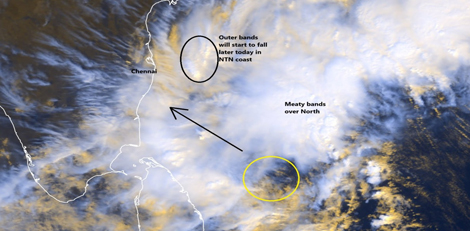Dengue vaccine that is 100 percent effective
Posted on: 17/Mar/2016 4:25:55 PM

Researchers have said that an experimental vaccine against dengue was 100 percent effective in trials. They have said that this development could help speed up the pace of a vaccine for the Zika virus as well. The vaccine was developed by researchers at the Bloomberg School of Public Health at Johns Hopkins University.
Dengue to the world’s most common mosquito borne virus. It is from the family of flavi viruses - the same as Zika. Dengue infects more than 300 million people across 120 countries every year. Although symptoms are often mild, a significant number of the affected develop dengue hemorrhagic fever. These symptoms can include severe headaches, pain behind the eyes, rash, pain in the joints, muscles or bones pain, and leaking blood vessels.
Speaking about this, the lead author of the paper said, Knowing what we know about this new vaccine, we are confident that it is going to work. And we have to be confident: Dengue is unique and if you don`t do it right, you can do more harm than good.
The portion of the vaccine that was designed to prevent dengue 2 did not induce as strong an immune response in people as the other three components. (We looked) for the evidence of actual infection: virus in the blood, rash and low white blood cell count.







